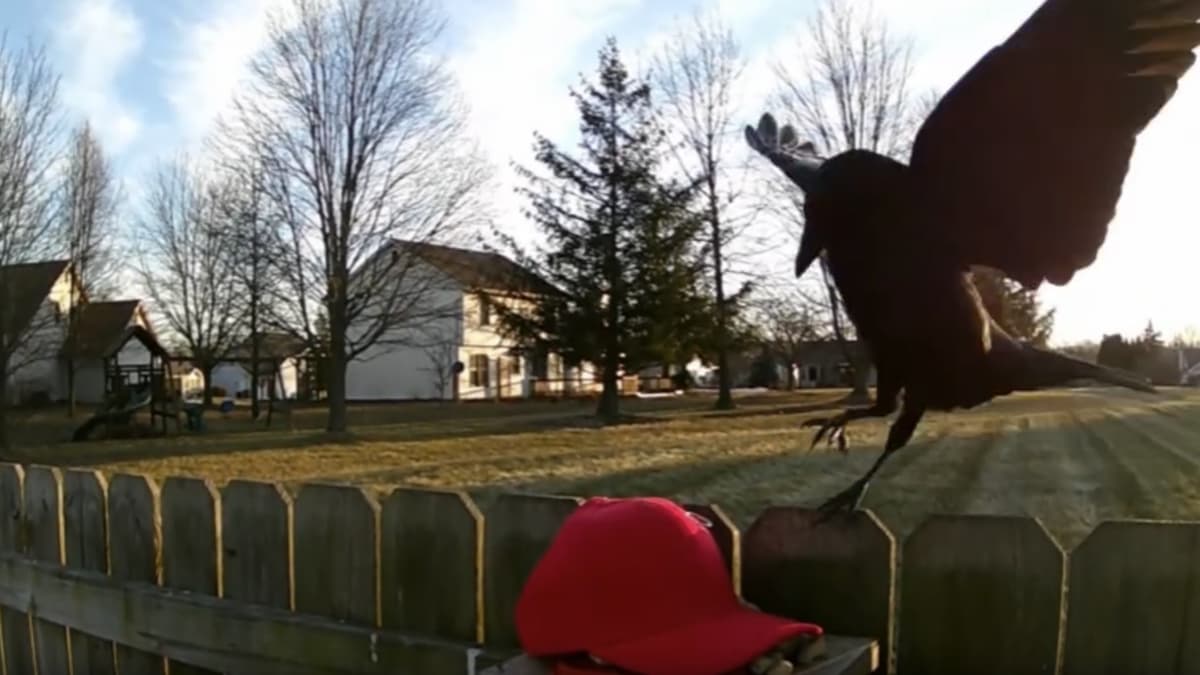Like patience deficient children, binge watchers were allowed to unwrap a gift prior to the holidays when Netflix surprisingly unveiled Zal Batmanglij and Brit Marling’s new science-fiction drama series (although that labeling is a rather rudimentary denotation when describing the show’s scope) The OA less than a week before its release. The streaming service is undoubtedly hoping to capitalize on the trickle down mystery brought on by recent attention grabbers like Sense8 and Stranger Things, and really, who can blame ‘em? Netflix’s latest secret is a vastly contrastive beast in tone and content when sought alongside narratives understandably thought to be its kin.
For those familiar with what co-creators Marling and Batmanglij are capable of inciting and inflicting as collaborators or independent filmmakers, you’ll know that The OA’s far reaching ambition is the main attraction. Contrarily, Netflix users looking for their next fix to tide them over until the start of a new work week might find this psychedelic journey unbearably hefty.
The OA is a palatable genre mash, often finding balance between the raw bitterness of inscrutability and the warm stickiness of fulfillment. It’s a melding of an array of worlds tethered to the ordinary, the spiritual and the cosmic. Marling and Batmanglij’s series orbits a hypothesis, delving into the absolute and the metaphysical in hopes of unifying humanity by means of a hereafter. With visual splendour to spare and a universal relevance at its core, The OA overcomes its more theoretical aspects with pure, enthralling human drama.
Marling leads as Prairie Johnson, a once blind woman returning to her hometown following a seven-year disappearance, her vision now miraculously restored. Unwilling to divulge where she’s been or how she regained her eyesight to the FBI or her own parents, Prairie confides in four local high school students and a teacher. The group meets in an abandoned house at night and sit by candlelight as Prairie gives a detailed account of her life essentially from birth and leading right up to her reappearance.
Through these episodic flashbacks, Prairie describes being held in captivity by Hap, whom she nicknamed The Angel Hunter (Jason Isaacs), alongside her eventual flame Homer (Emory Cohen) and three other unwilling participants in Hap’s scientific study. The connection between our guinea pigs is, at some point, they’ve suffered an NDE (near-death experience) and witnessed a space beyond our realm.
Determined to document proof of life after death, Hap, in a Martyrs-esque search for an afterlife, subjects his patients to a merciless routine of flatlining and reviving. Using instruments of his own creation, Hap records the audio of each forced NDE and interrogates Prairie and the others ruthlessly following their numerous returns. To keep this breakthrough out of unworthy hands, Prairie, Homer and the others fight to keep from forgetting their findings any way they can and set out to uncover the truth for themselves.
This is The OA’s narrative barebones, but there are far more fanciful aspects to discover in this eight episode first season and unearthing them for yourself is an integral part of the experience. There’s no doubt that these airy abstracts are inventive, mesmerizing and quite often preposterous. They’ll certainly frustrate, divide, and unquestionably push a portion of the viewers away, but for those willing to stick it out through interplanetary travel and a transparent darkroom with floating galaxy clusters – definitely inspired by Japanese artist Yayoi Kusama’s infinity mirrors – The OA is a testament to the power of storytelling and the infinite reach of the human mind.
The OA marks the third collaboration between Brit Marling and Zal Batmanglij, preceded by The East and The Sound of My Voice. Batmanglij’s assured touch behind the camera for the season’s entirety certainly provides a consistent soundness that this over the top sci-fi fairytale sorely needs. But what really keeps The OA from floating irretrievably into the abyss are the effortless performances from its lionhearted ensemble, led by a typically otherworldly performance from Brit Marling (and an uncredited role from Riz Ahmed). Scott Wilson, Patrick Gibson and Alice Krige also turn in excellent work here and round out a strong supporting cast.
I could go on and on dissecting the scientific, the spiritual and the mental ramifications of The OA, but I’d be depriving you of the process. The less you know about it before going in the better. This is a must-watch series and if a feeling of incompleteness should fill your cavity upon completing it, simply cleanse your palette and start over again.










Published: Dec 18, 2016 10:41 pm